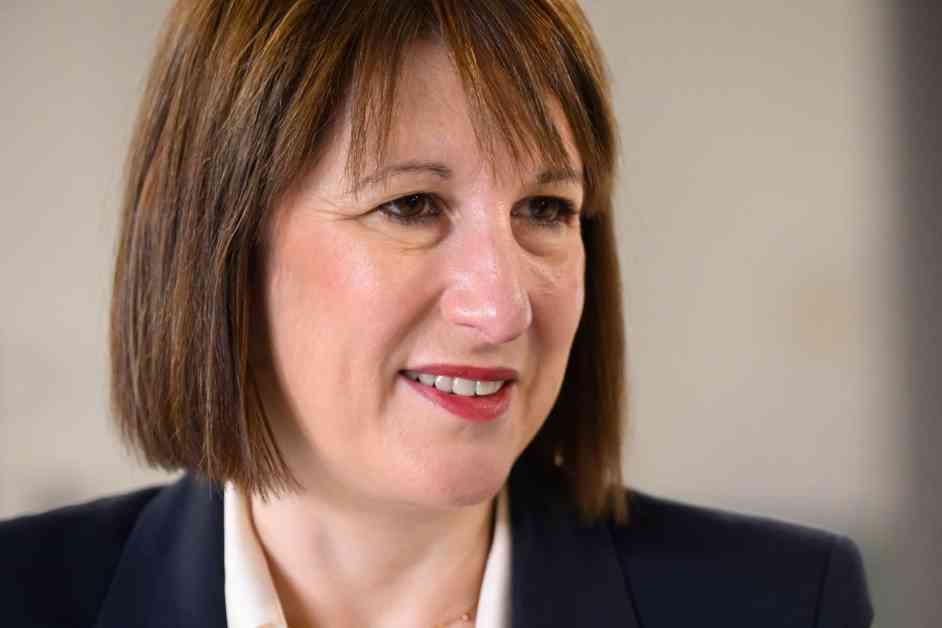Rachel Reeves is set to make a significant announcement in her first Labour Budget in 14 years. The Chancellor is expected to reveal tax rises of up to £35 billion as part of her plan to drive economic growth through investment. This move comes after months of warning the public about the tough choices that need to be made to fix public services.
One of the key highlights of the Budget is the increase in the minimum wage to £12.21, a 6.7% rise that aims to create a genuine living wage for working people. While this falls short of the Living Wage Foundation’s recommendation of £12.60 an hour, it is still seen as a step in the right direction.
In addition to the tax hikes, Reeves is expected to announce other measures such as increases in employer contributions for national insurance, a rise in capital gains tax, and freezing income tax thresholds until 2030. These changes are aimed at generating more revenue to meet Labour’s spending priorities.
Furthermore, reports suggest that the armed forces are in line for a £3 billion boost in funding, which will be used to give soldiers a pay rise backdated to April and replenish depleted stockpiles. However, the Budget will not include a pathway to increase defence spending to 2.5% of national economic output as demanded by the Tories.
Despite the positive outlook of investing in economic growth, there are concerns and warnings surrounding the Budget. Trade union leaders are calling for massive public sector pay rises, the hospitality industry fears the impact of the minimum wage hike, and questions have been raised about whether the NHS spending increase will be sufficient to reduce waiting lists.
Overall, Rachel Reeves’ Budget speech is highly anticipated, with expectations of significant tax rises and investment in key areas to drive economic growth. The Budget will be closely watched for its impact on various sectors and how it aligns with Labour’s priorities for improving living standards and restoring economic stability.












